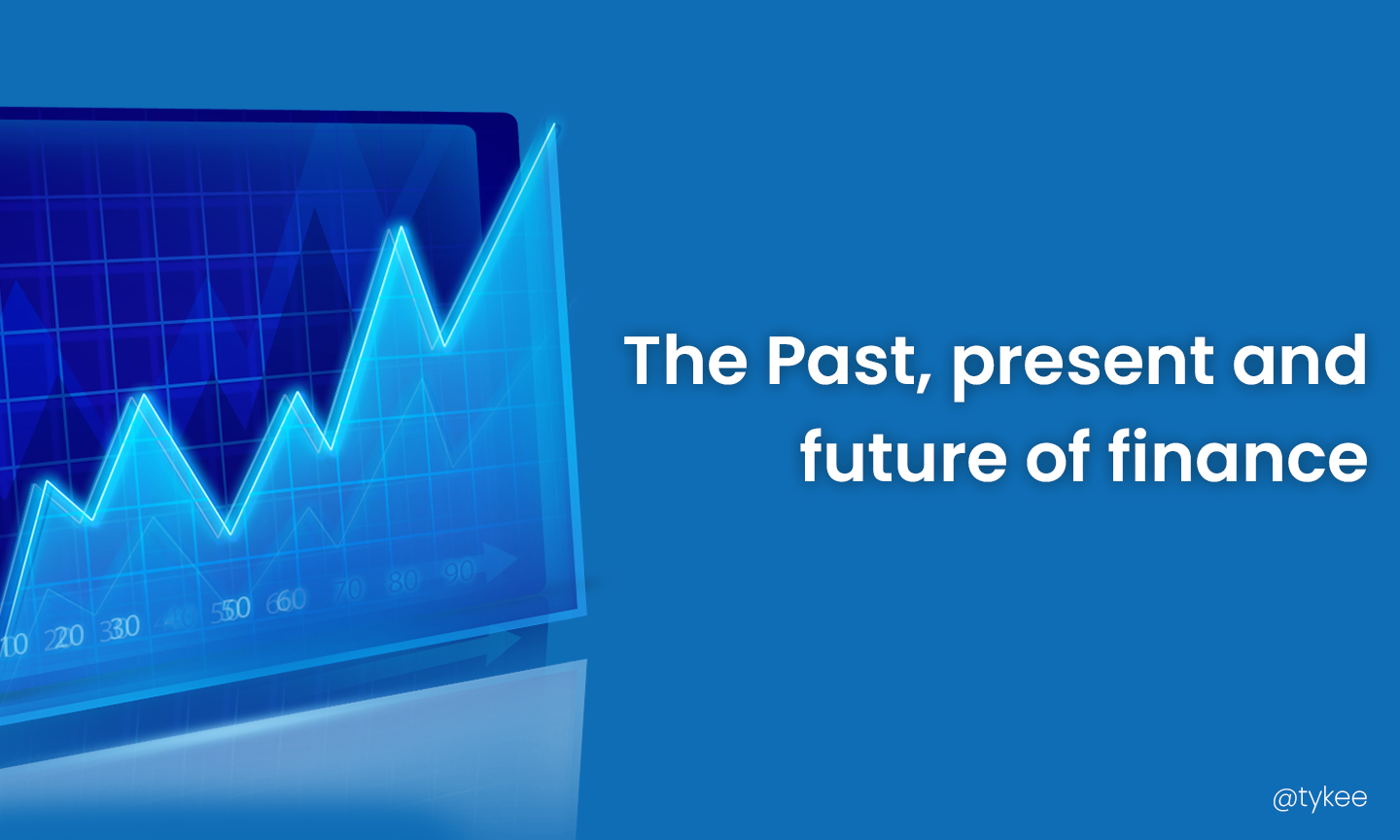The past, present and future of finance.
live

I thought we will continue to live with masks on because of the last global pandemic. I was indoor and locked up for over 1 year and everyone was extremely careful to be among the last man standing in case the world ended because of the pandemic. This changed a lot of things in how we work and how finance should be managed.
The pandemic made me think that this world is just a single place, and it doesn't really matter if you are in North America, Africa, Europe, South or Asia, we were all affected. The only difference was the intensity.
The world is one, but we decided to divide it into continents and countries. The internet is one and we all operate through it. The Internet doesn’t recognise countries when a decentralized system is used. PayPal can limit a country's Access Control, but blockchain doesn’t know that because of the freedom for everyone to operate on it. Thus, how do we regulate a system that doesn’t know countries' regulations? Some years ago, the Central Bank of Nigeria placed a ban on crypto transactions and people switched to peer-to-peer transactions. It was recorded that millions of dollars were being transacted in cryptocurrency weekly, but when they placed a ban on Twitter, people had to use VPN to bypass the limitation.
Money never existed, we made it up. The people that grew up in the 60s don’t have this type of finance and the people in the 80s are different. The future is showing up gradually through blockchain technology and it is glaring that everything will change.
Fintech is providing solutions that traditional banking could not. If you walk into the boardroom of banks, you will see old people making decisions, but if you walk into the boardroom of FinTech you will see the young lads creating solutions for the world effortlessly. FinTech companies have grown exponentially since 2010. A FinTech company will see a problem in one aspect and fix it and it will turn into billion of dollars, not trying to do everything like to banks that will end up causing problems for their users. The future of finance is based on data, not humans. FinTech will grow stronger even more in the future.
Cryptocurrency is the greatest finance solution that breaks the barrier for everyone, but there have also been issues with centralized exchanges and some in decentralized finance. Things will keep getting better as we keep on building and providing solutions. Do we need to have something like a Hybrid in finance? Like centralized and decentralized. Because for finance to work effectively, there should be a little tin line for regulation. This is one of the reasons we have companies that audit smart contracts.
I was thinking of a way to build a dex where people can convert their crypto to fiat and everything I could think of still requires human touch somewhere for effectiveness. In the technology space, anything is possible and we keep on building until we have the perfect financial solution.
There have been issues like the Sam Bankman-Fried of FTX, Terra and Quadriga, the Canadian exchange CEO that died with the wallet keys. No one deserves to lose their funds because a single person died. Everyone will die and the living should still have access to their funds.
The future is already showing us what it will look like. Decentralized finance will be 80%, Robotic and AIs will be in charge of so many things. After Mark Zuck spent over $24 Billion on the metaverse, he halted the development and moved to invest in artificial intelligence. Most of the big technology companies are investing and building AI technology and the technologies are currently helping us in our day-to-day activities. However, what will happen in the future? As we build all of these, it is important to focus on how we use technology to make the world a better place.
I am @tykee, I do dev things and write
Posted Using LeoFinance Alpha
The article resonated with my own reflections on the pandemic and its impact on our lives. The idea of a unified world, transcending geographical divisions, raises intriguing questions about the role of decentralized systems and regulations. As we witness the transformative power of FinTech and blockchain, how can we ensure equitable access to financial services for individuals across different regions and socio-economic backgrounds?
Thanks for your input.
The answer for your question will be another article because it includes Digital infrastructure development, Regulatory Frameworks and Inclusion Policies Financial Literacy and Education, Secure and Scalable Blockchain Solutions and others.